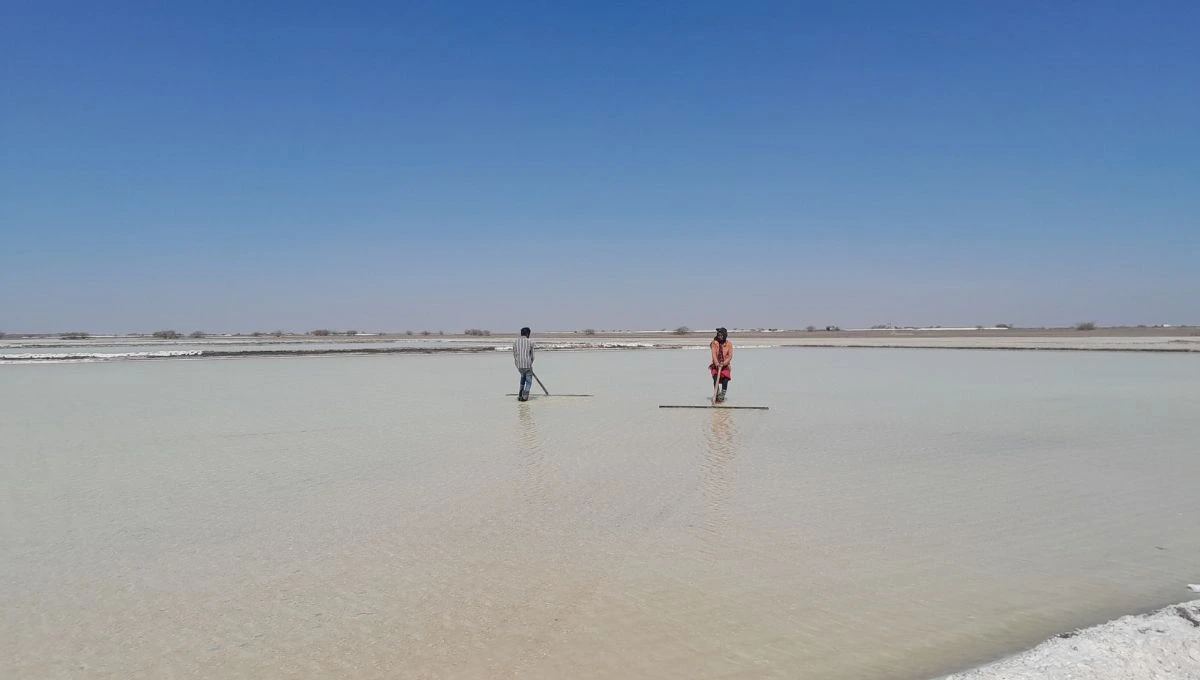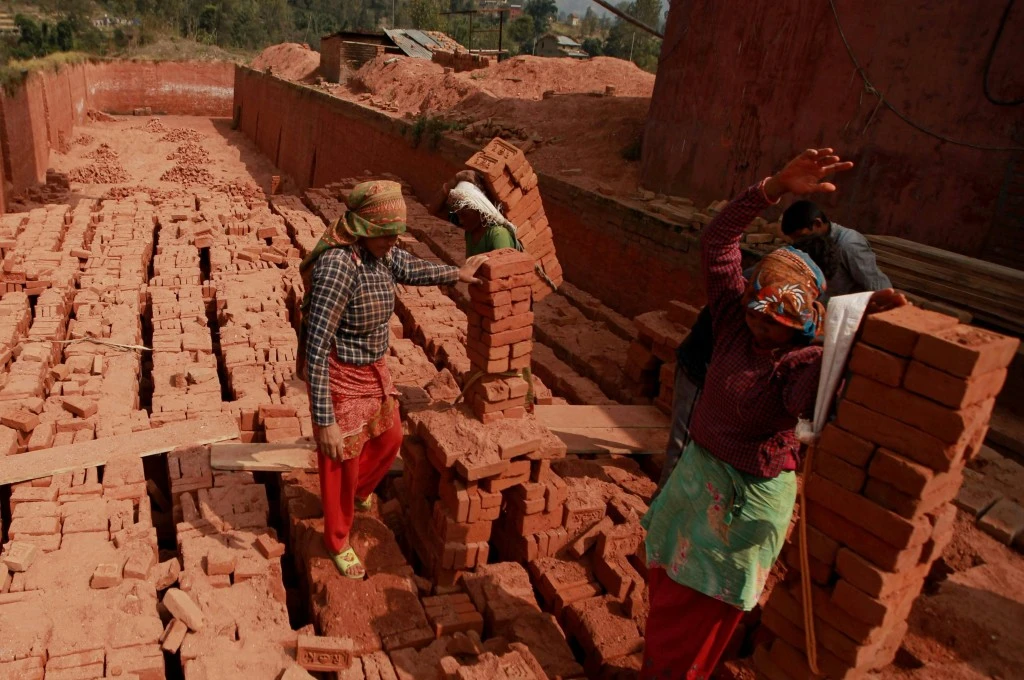One of my first childhood memories is of a never-ending sea of small yellow rooms, sprawling across a desert with not a single tree. Many people wore the same kind of clothes. I saw men, women, children all working to reconstruct their lives. It was 1949 and what I was seeing was a settlement for the refugees pouring into Pakistan, newly divided from India two years prior. My parents were among the millions who migrated to Pakistan. This would be my community for the first 12 years of my life. This place shaped my core character of survival, a place where at least ten times a day I heard this plea: “you have to make it.”
I was the eldest of my four siblings, a natural comrade to my young, energetic, hardworking parents. They had extraordinarily high ethical standards and expected the same of me in all my responsibilities.
This is an excerpt from the article Missing Puzzle Pieces: How Structures of Patriarchy and Notions of Motherhood Shaped My Social Change Work by Quratul Ain Bakhteari.
This article is a part of a special series on the connection between inner well-being and social change, in partnership with The Wellbeing Project, Stanford Social Innovation Review, Schwab Foundation at the World Economic Forum, and Skoll Foundation.





